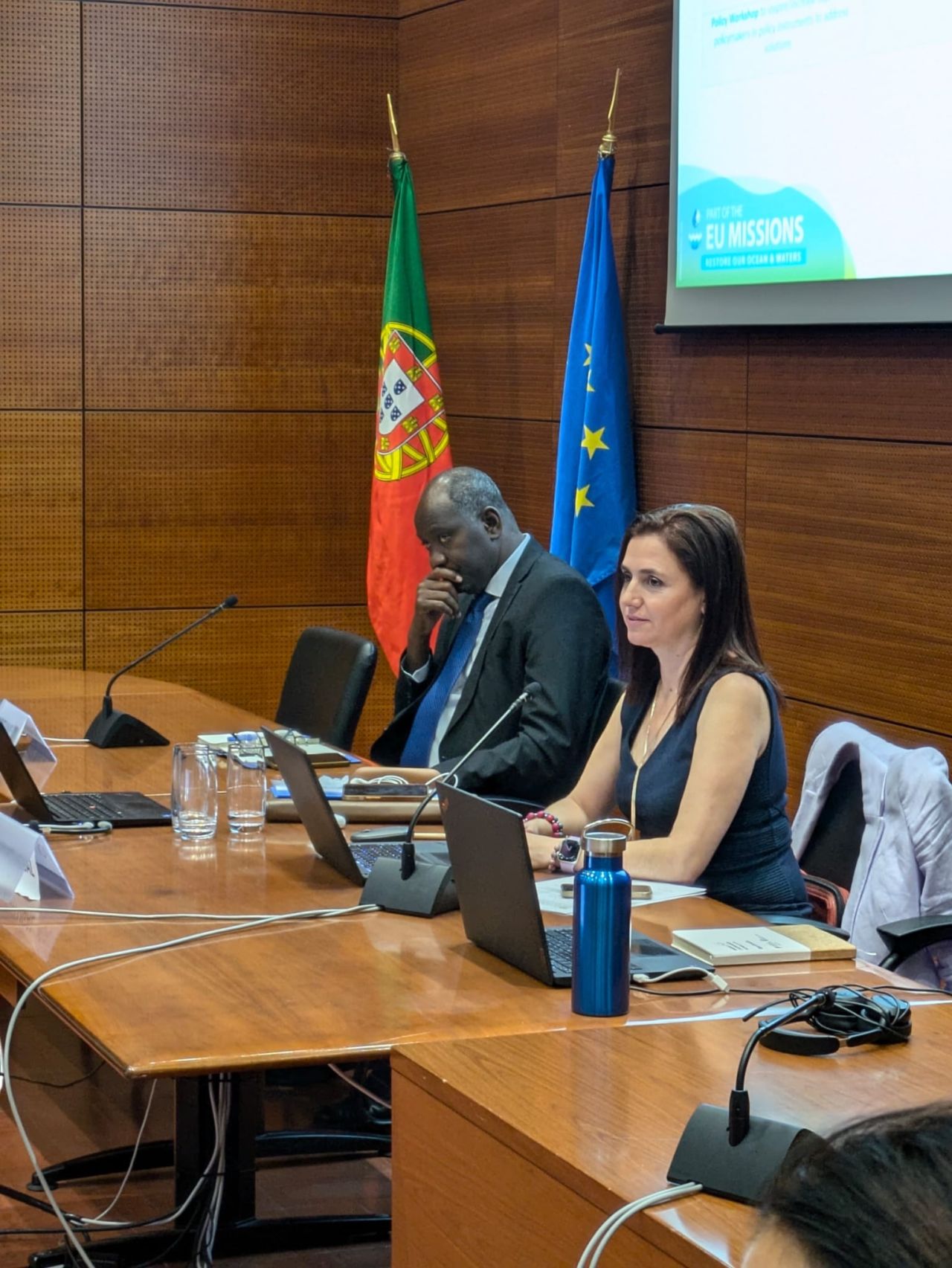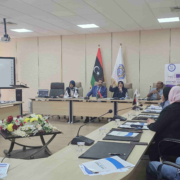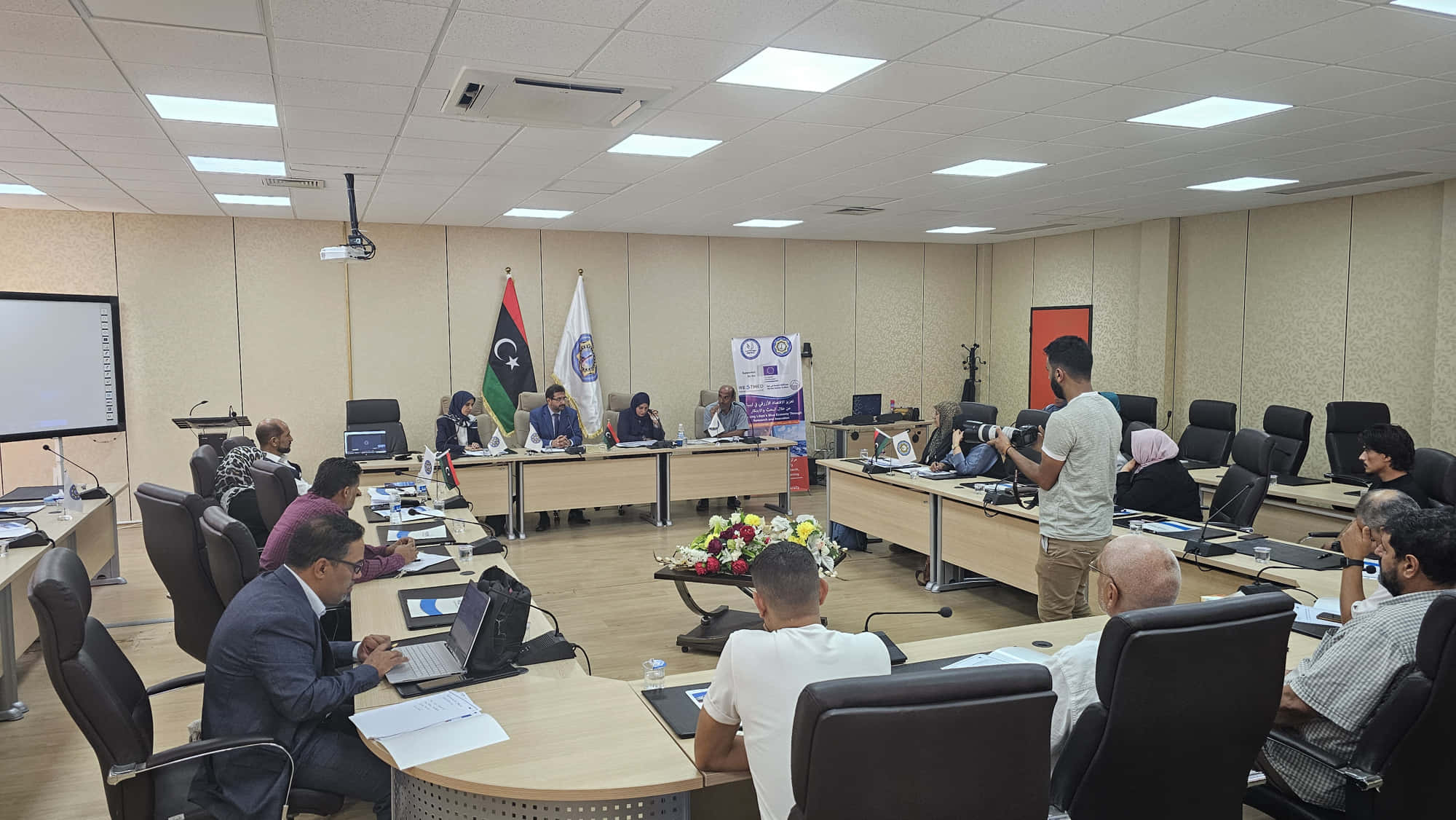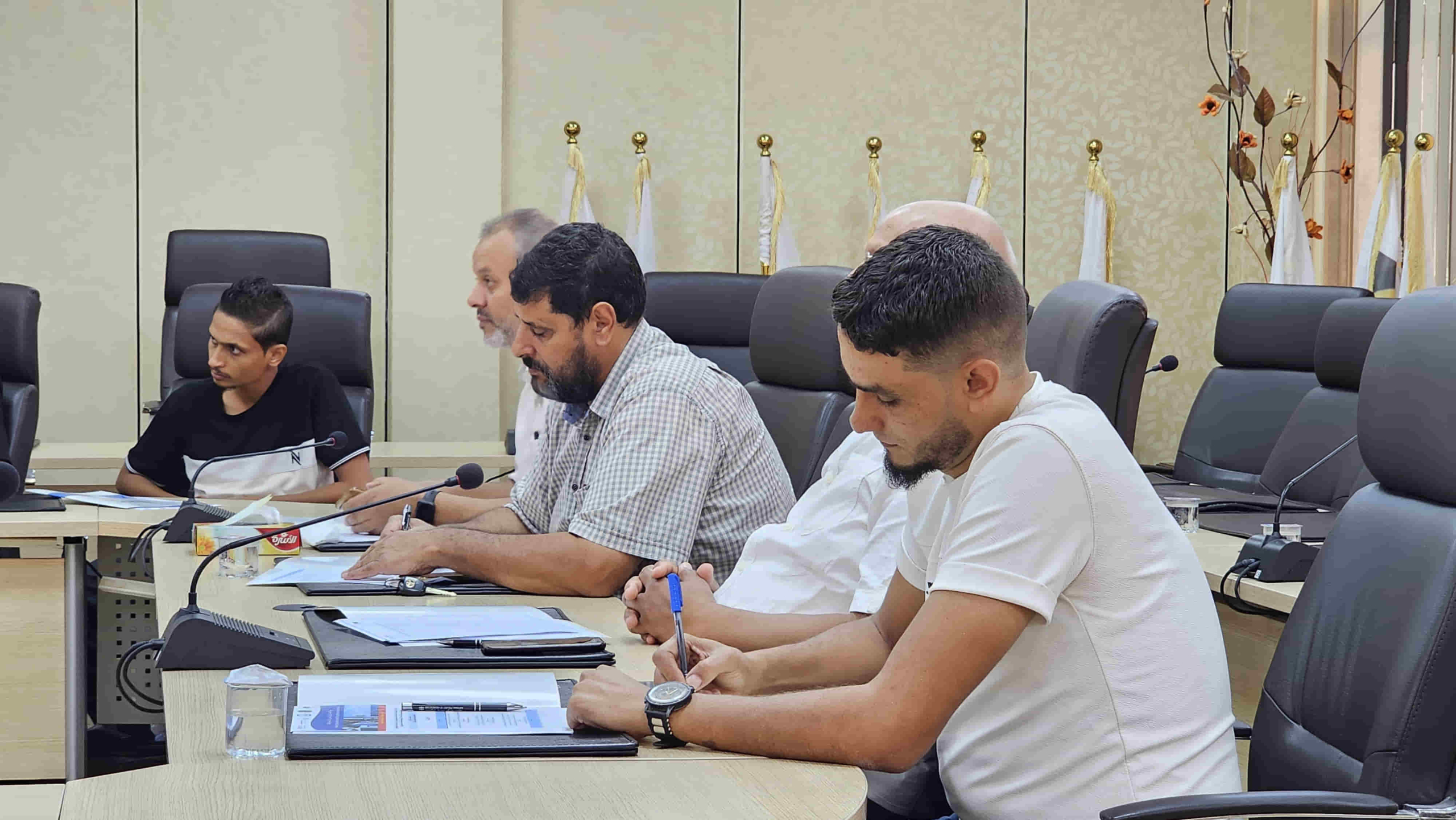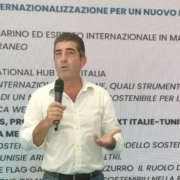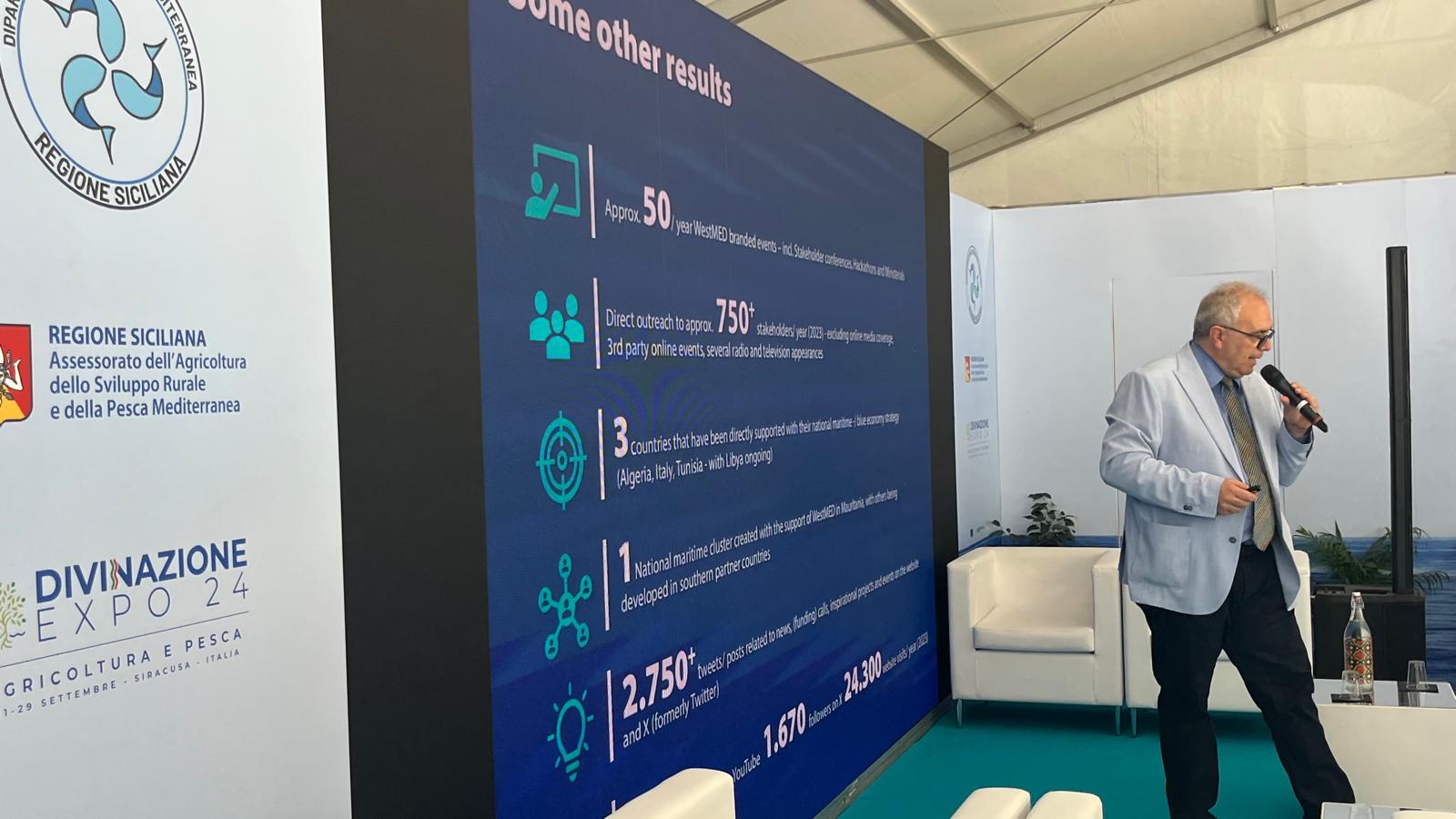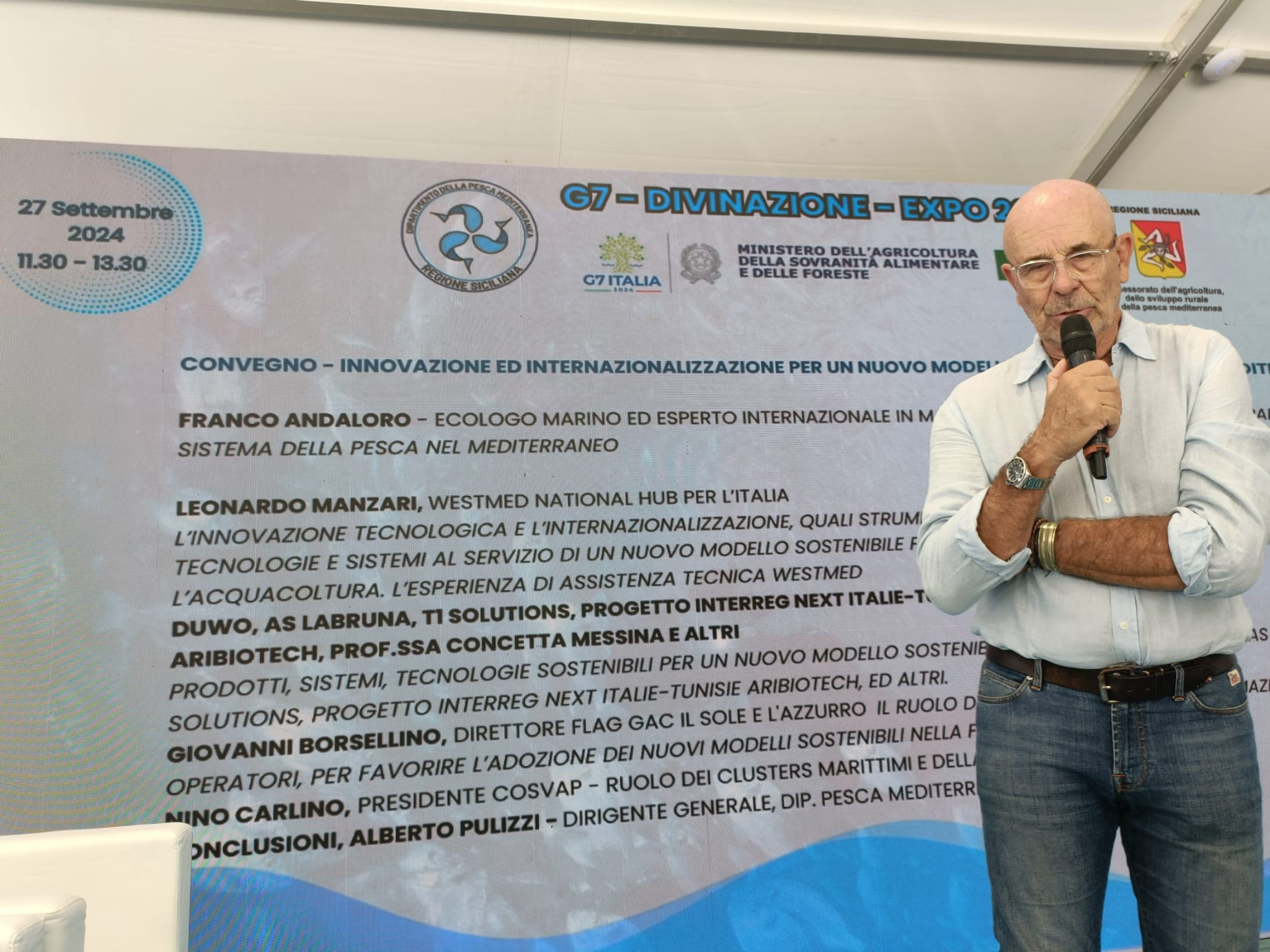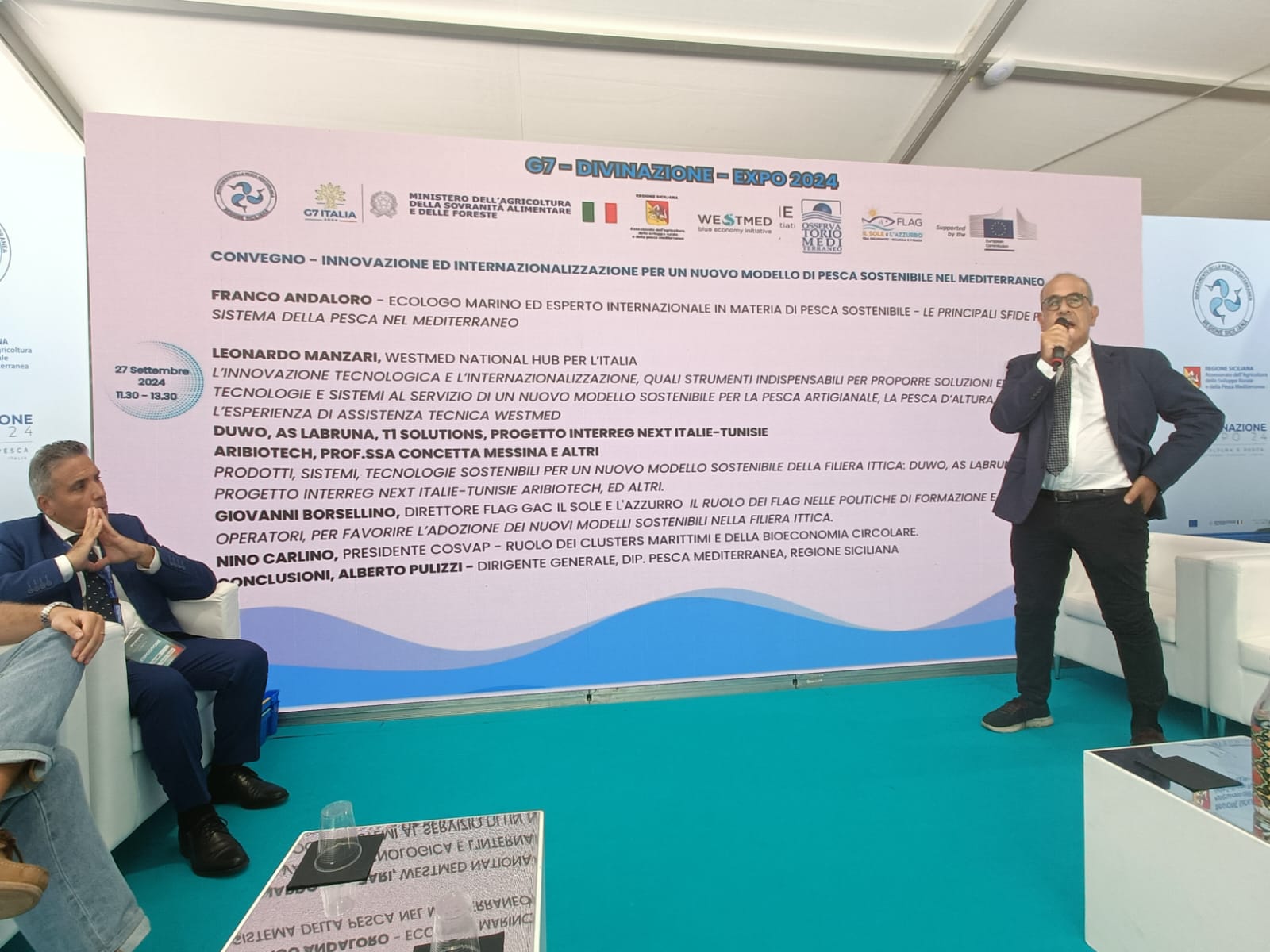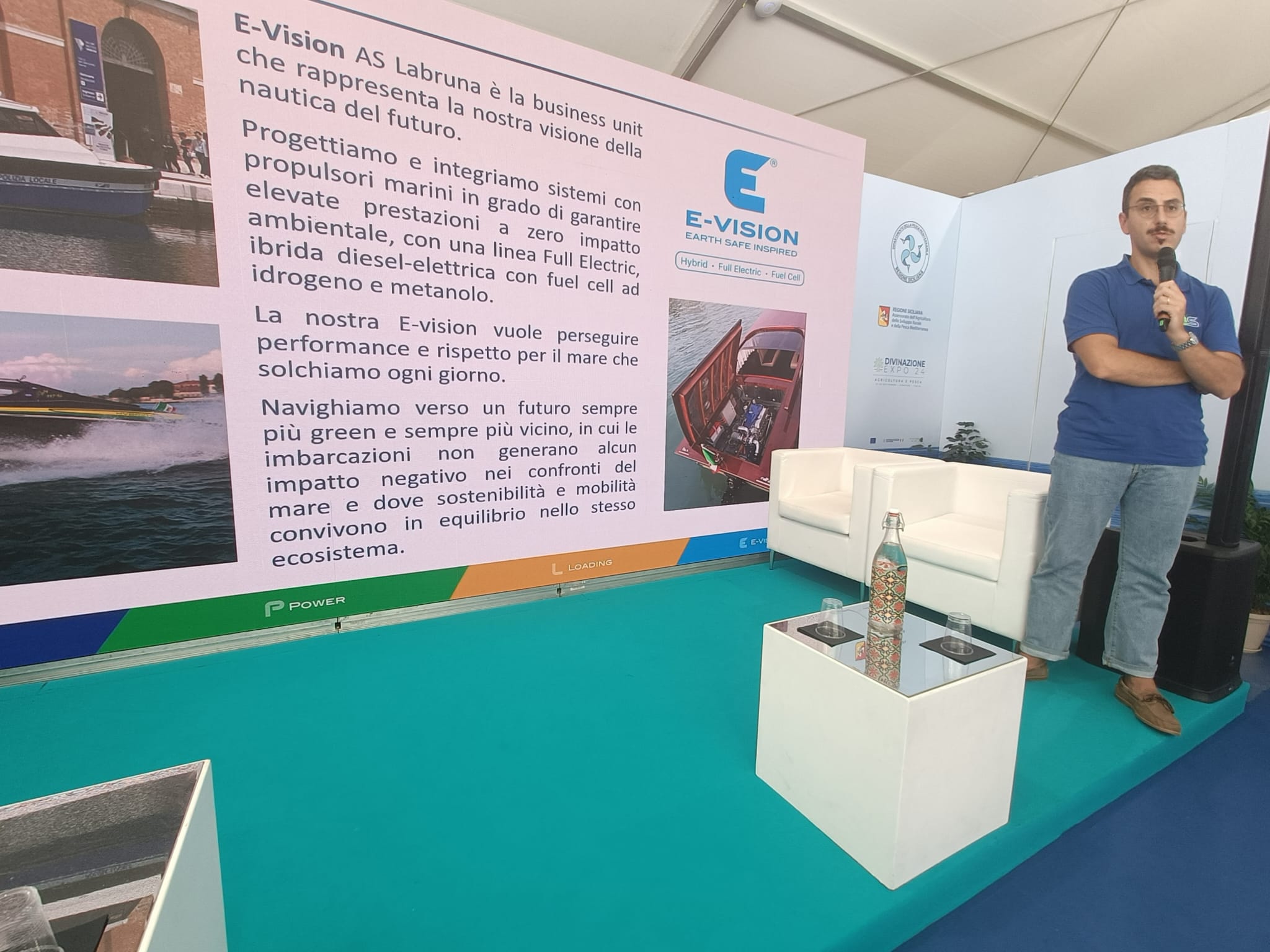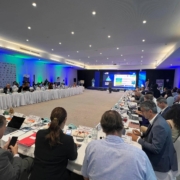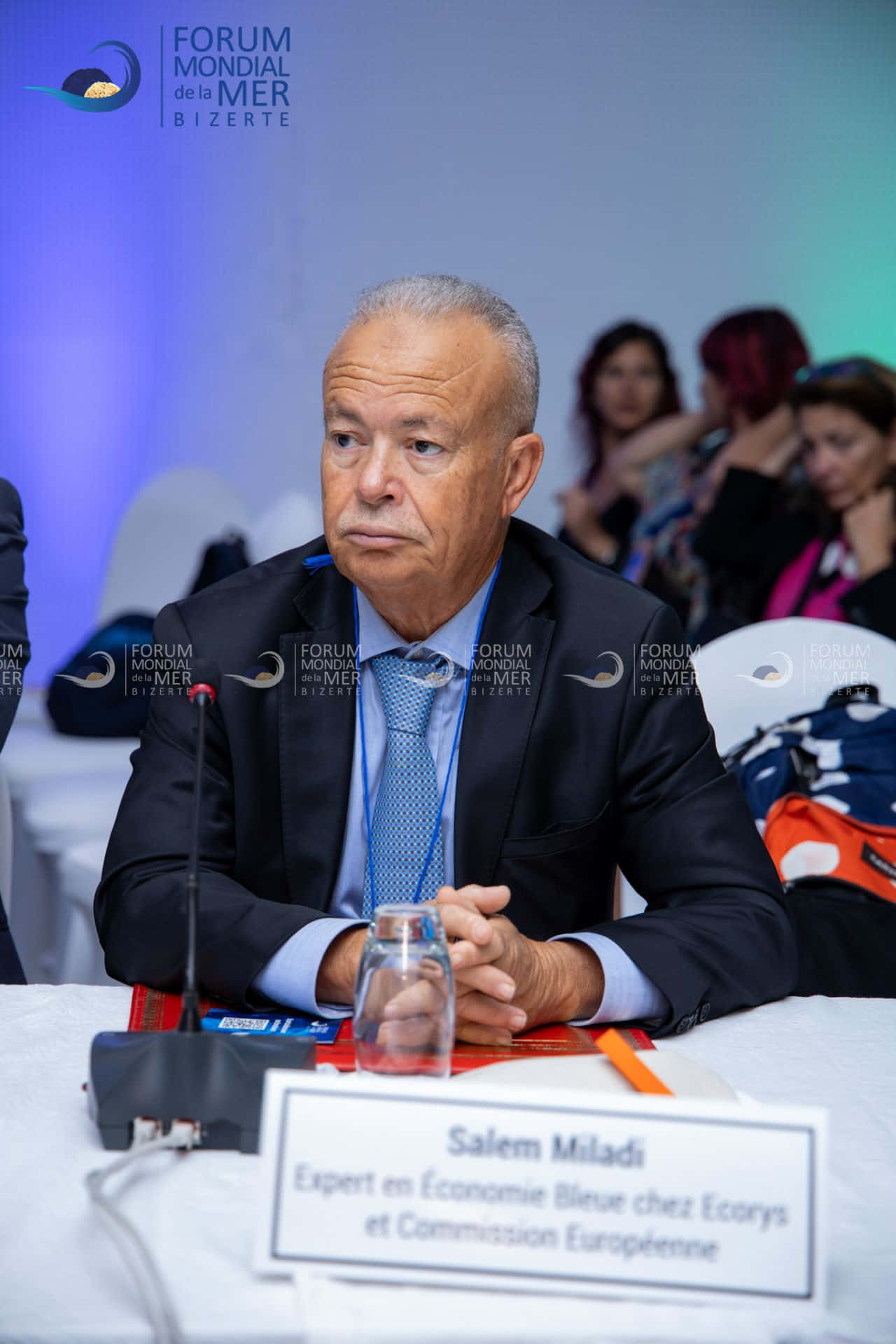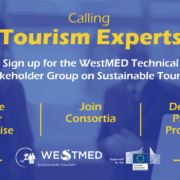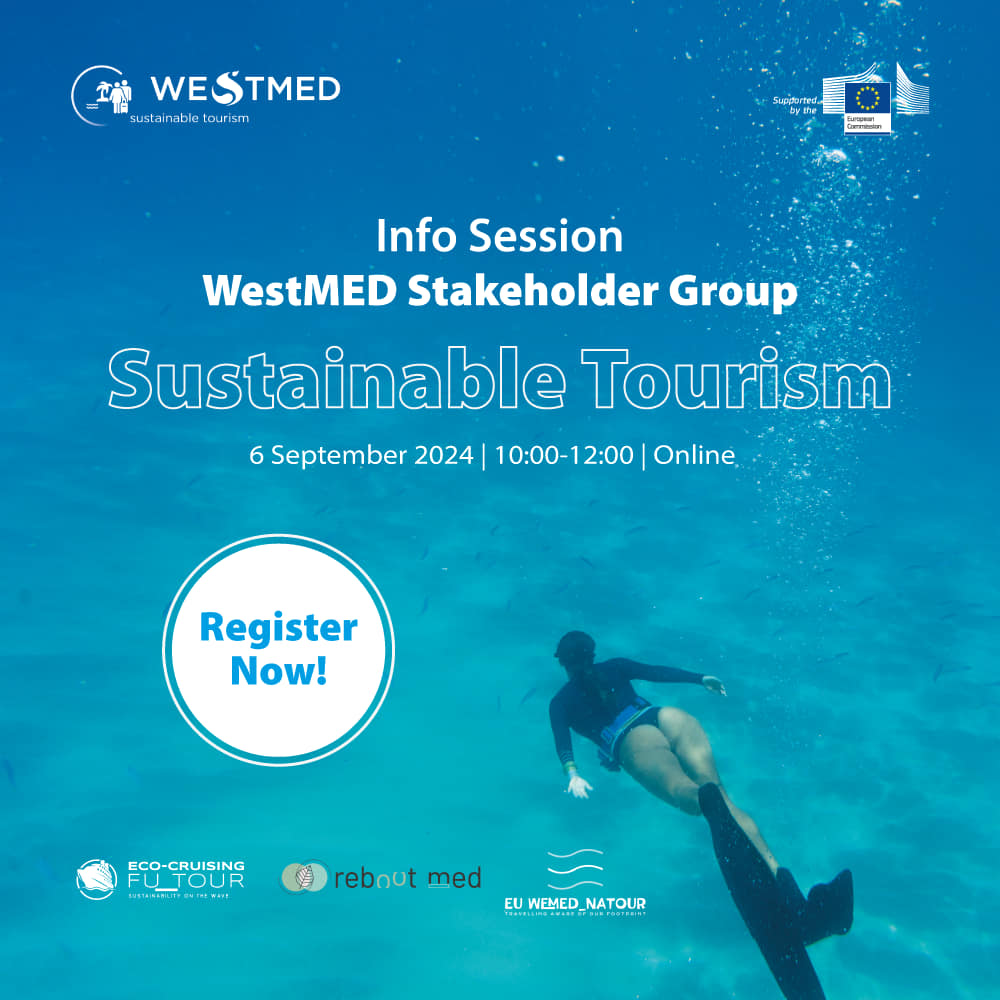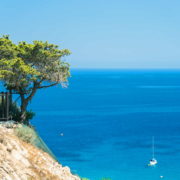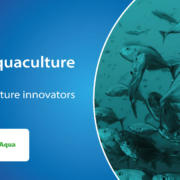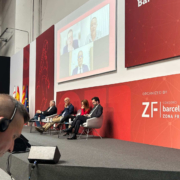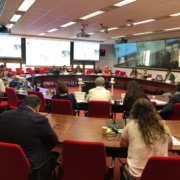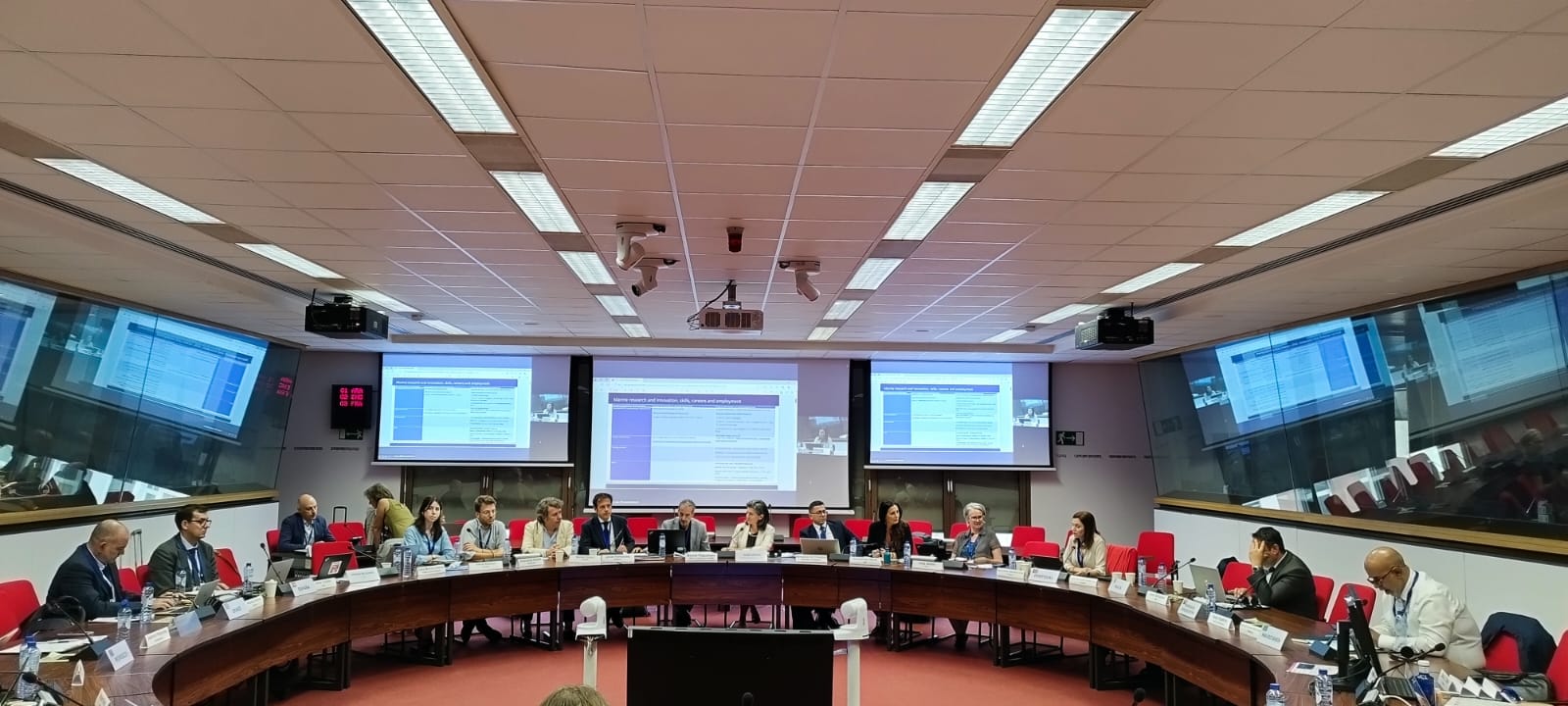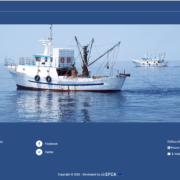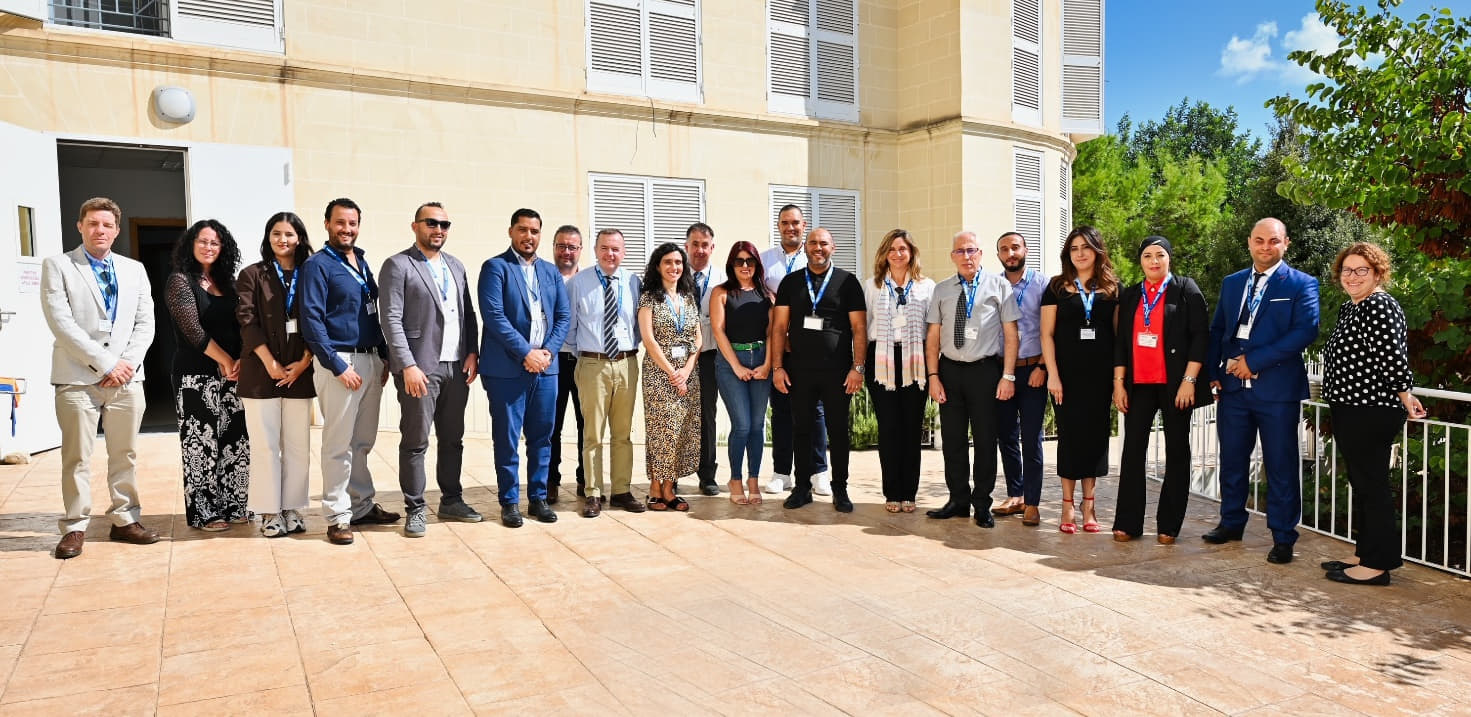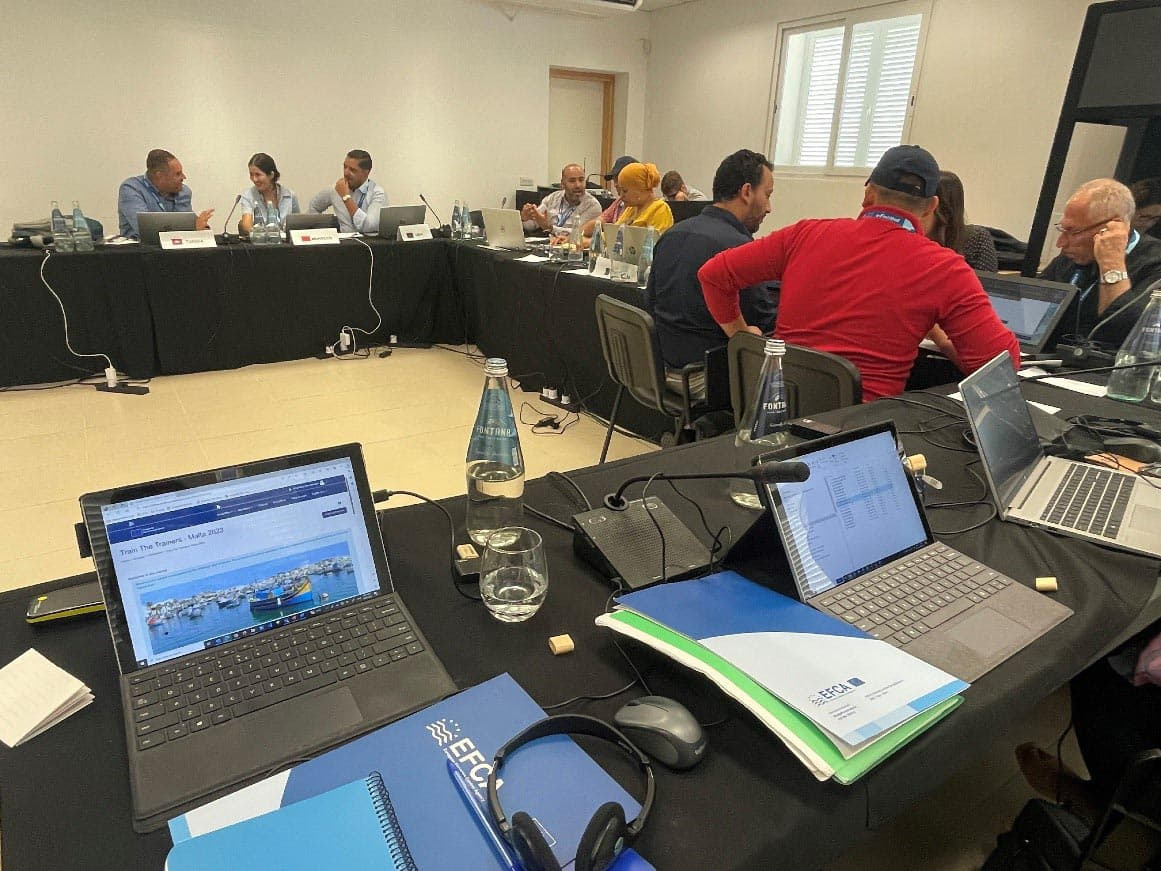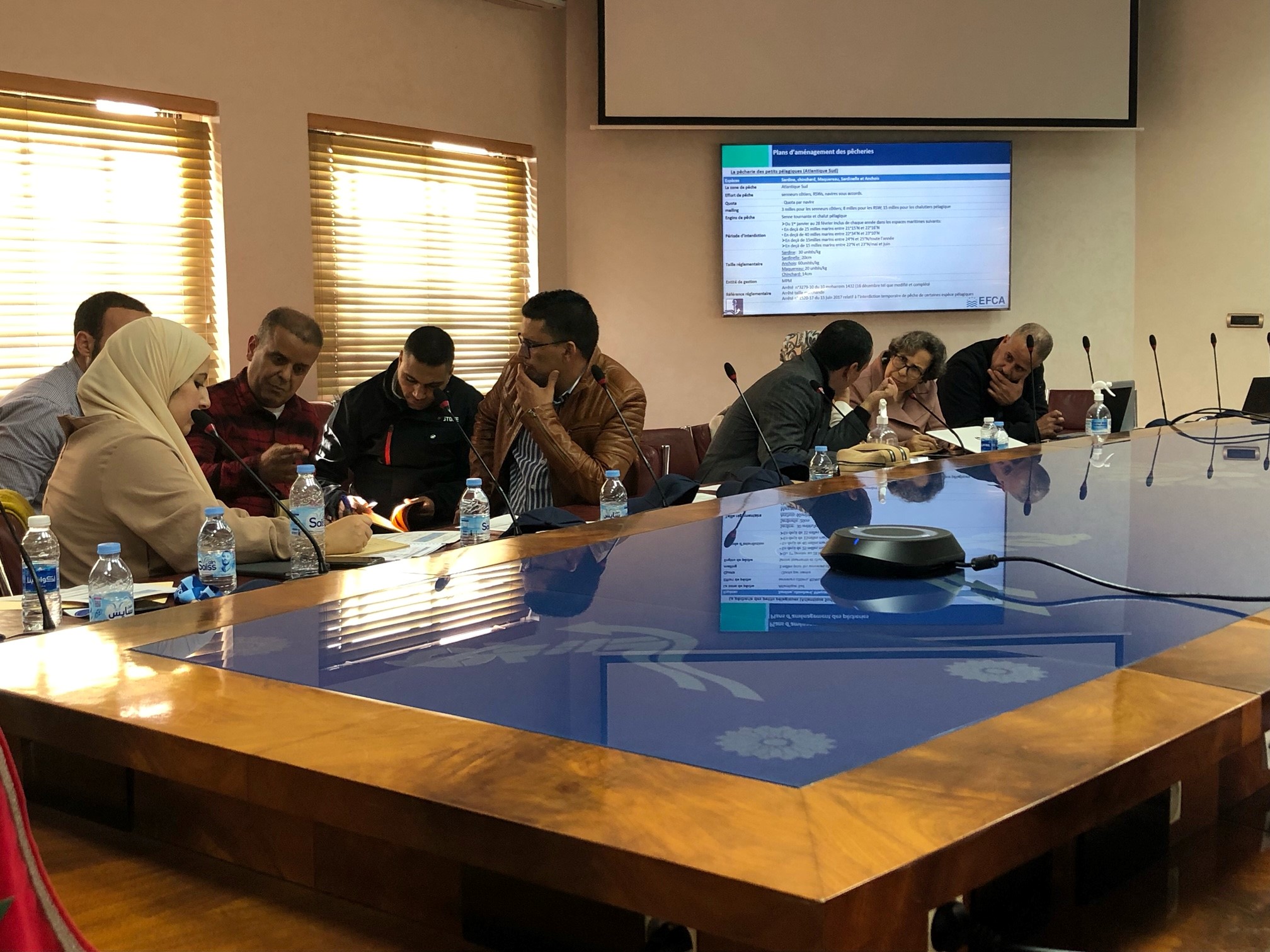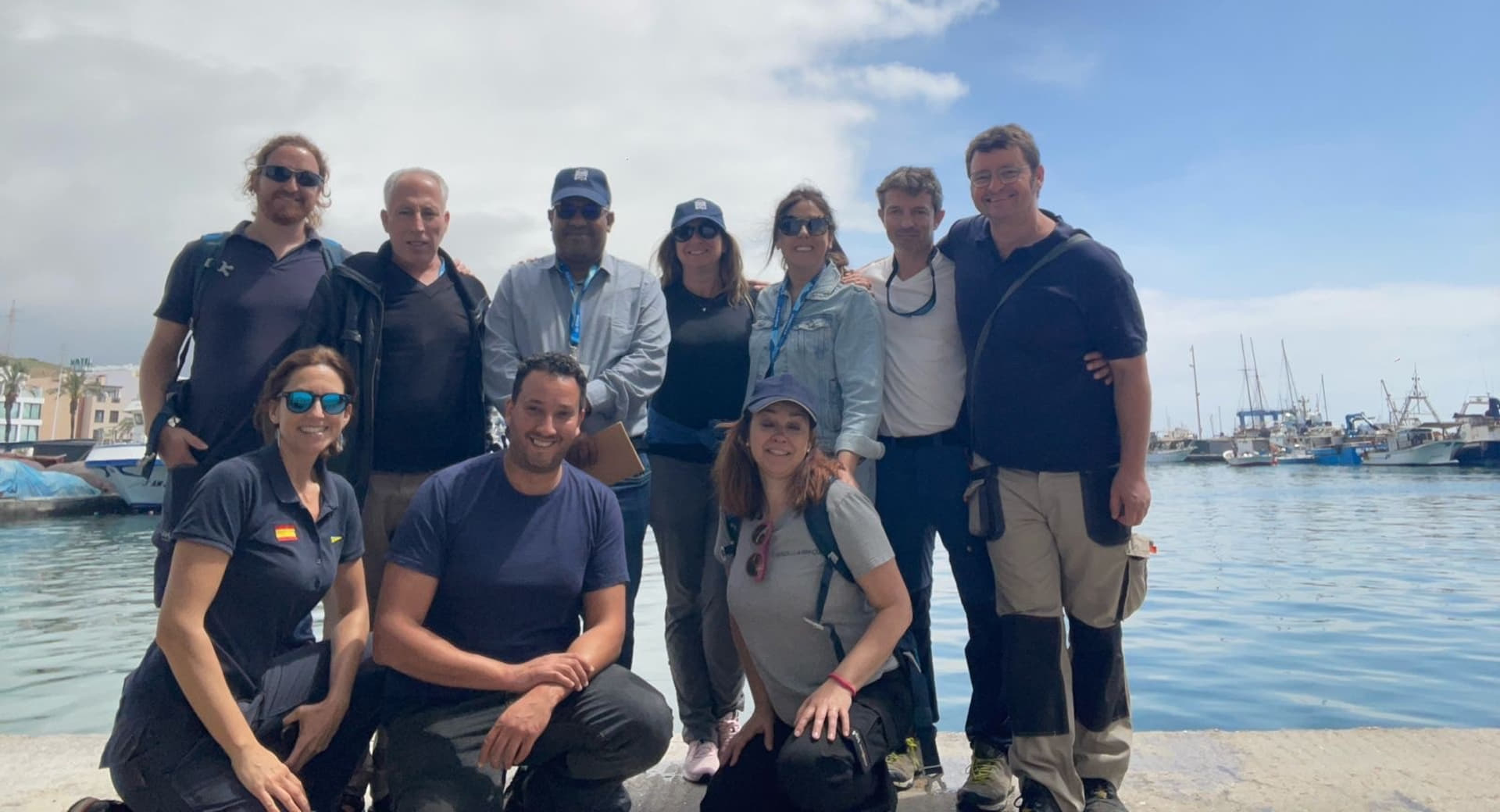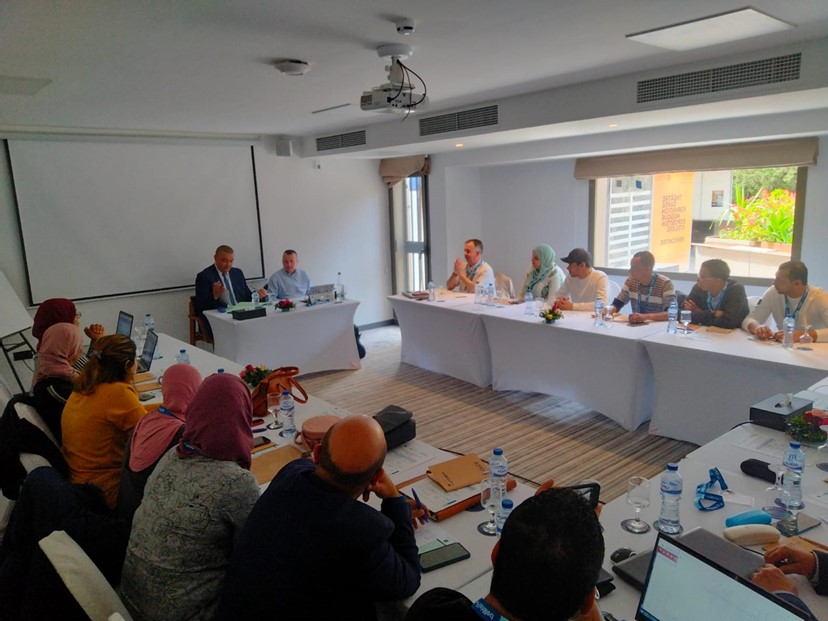Aquaculture, one of the most dynamic blue economy sectors in the EU
The EU is the eighth largest producer of fishery and aquaculture products, accounting for around 2% of global production. In the Mediterranean, fisheries and aquaculture are essential drivers for the blue economy.
Over the years, aquaculture has become more efficient and economically significant, growing steadily since 2011 despite a decline during 2019-2021 due to COVID-19 impacts. It now contributes significantly to food security, employment, and economic development in the region. In the Mediterranean, the aquaculture sector has reached a total production of over 675.000 tonnes, generating revenues of around EUR 10.5 and supporting over 250 thousand jobs along the full value chain
According to the latest BlueInvest report, the aquaculture sector is one of the most dynamic sectors of the Blue Economy. It generated a relatively high number of deals (i.e. investment actions) and receives more growth-stage investments aligned with the recognised growth potential of SMEs in this high-profile sector. It also gathers the second highest number of investors. Due to its strong potential, the sector is seeing an encouraging influx of young companies, which is reflected in the growing share of early-stage financing.
European Commission promoting sustainable aquaculture
The European Commission actively stimulates a more sustainable and competitive EU aquaculture in a way that contributes to the European Green Deal and economic recovery following the Covid-19 pandemic.
In 2021 the EU Strategic Aquaculture Guidelines were created feeding into Farm-to-Fork strategy with the aim to accelerate the transition to a sustainable EU food system. The main objective of these Guidelines are to
- build resilience and competitiveness of the EU aquaculture sector
- ensure the participation of the EU aquaculture sector in the green transition
- foster social acceptance and improved consumer information on EU aquaculture activities and products
- increase knowledge and innovation in the EU aquaculture sector
EU countries have reviewed their national aquaculture strategies in light of the guidelines, which will also structure the use of relevant EU funding, in particular the European Maritime, Fisheries and Aquaculture Fund (2021-2027).
The EU also supports research and innovation on key aspects of European aquaculture. From its interactions with the environment and health and nutrition of farmed fish, to reproduction and breeding. Research and innovation on sustainable aquaculture is a priority under Horizon Europe, the EU framework programme for research and innovation.
In 2023, the European Commission established the EU Aquaculture Assistance Mechanism that supports the EU Member States, the EU aquaculture industry, and other relevant stakeholders in implementing the “Strategic guidelines for a more sustainable and competitive EU aquaculture”.
Accelerating Sustainable Aquaculture in the western Mediterranean
Aquaculture is a rapidly expanding activity in the western Mediterranean. Particularly in the countries of the Southern rim who have embarked on very ambitious policies and strategies for its development.
In 2021, the WestMED Initiative established a technical group on sustainable aquaculture, AquaWest, to support the adoption of innovative, eco-compatible sustainable and restorative aquaculture practices, and the needs and opportunities of the Southern countries to benefit from existing innovative practices in the region. This Technical Group consist of a number of high-level policymakers and stakeholders from the aquaculture sector within the Western Mediterranean and beyond.
Ensuring the sustainable development of aquaculture involves innovation, digitalisation, ecosystem-based approaches, circular business models and diversification in production, management, and supply chains to enhance its contribution to sustainable food systems and economic value while reducing environmental impact.
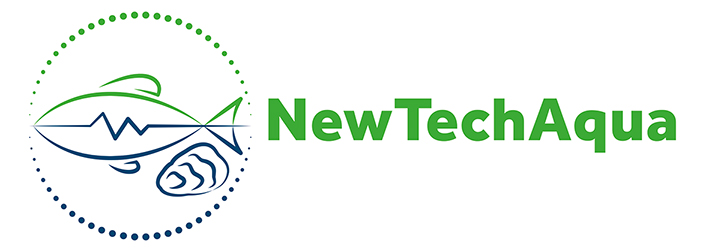
NewTechAqua is is a pioneering research project funded by the European Union’s Horizon 2020 program that embarked on a mission to revolutionize aquaculture.
During this 4-year initiative, the NewTechAqua partners identified, tested, and evaluated the effectiveness of new tools that improve the production and, at the same time, sustainability of the sector.
The NewTechAqua consortium was made up of 26 partners from 9 countries. 11 partners are universities and R&D institutions, 12 are private companies, and three are international organisations specialised in industrial governance, innovation, and knowledge transfer.
Objectives
The project focused on solutions to:
- Improve fish and mollusc health and disease resistance: prediction models for specific diseases, kits for disease’ detection, new breeding programmes, and new diets.
- Increase the efficiency of aquaculture production systems via real-time management systems, satellite systems, and recommendations.
- Make the aquaculture sector more sustainable and circular through different rearing systems (RAS, biofloc technology, aquaponics) as well as new diets and feed products using fish by products, fish processing wastewaters, and microalgae, new organic diets using plant proteins to produce more organic fish.
- Support diversification of fish species by studying the reproductive cycle of emerging fish species to re-create the best conditions for raising these new species in aquaculture production systems.
- Develop new eco-friendly fish and molluscs products with high nutritional value.
- Raise awareness and train professionals from the aquaculture sector by creating training programmes and conducting studies on consumers’ preferences.
Results
14 innovations and 9 breeding protocols were generated, covering aquaculture species such as seabream, seabass, greater amberjack, grey mullet, meagre, salmon, mussel, oyster, and microalgae.
The use of novel ingredients for aquafeeds, the valorisation of fish co-products into innovative ingredients, and new approaches for enhancing reproduction and maturation are some examples of the innovations presented during the final conference that took place on 15 November in Brussels, Belgium.
Several of these innovations are already on the market and used on a commercial scale. Others are in early development and will make further progress with future projects by the partner companies concerned.
More than 80% of the activities and innovations have been applicable to the Mediterranean aquaculture sector.
Beyond the Lab
NewTechAqua’s impact extended beyond research alone. It has influenced policy decisions with recommendations for the EU Aquaculture Strategic Guidelines.
For aquaculture professionals a specialised training programme was created to provide the necessary skills for a sustainable, resilient, and innovative European Aquaculture. This training programme consisted of 2 advanced courses, 2 multi-day workshops, 2 e-learning modules and a series of 6 webinars.
To safeguard the future of the aquaculture sector, NewTechAqua also started a pan-european awareness campaign specifically targeting secondary and (high) school students to inform on sustainable aquaculture practices in Europe, the benefits of fish consumption for human health and job opportunities. For this, an extensive school kit was developed with education materials ranging from an aquaponic kit and a board game to testimonials from professionals.
Professor Alessio Bonaldo from the University of Bologna and NewTechAqua coordinator, summarised this wide ranging aquaculture project as follows:
“The advances achieved mark a significant step toward a more sustainable future in European aquaculture, contributing to food security and the conservation of natural resources.” (Source)
Recognition
The work done was recognised with two awards: WestMED’s Best Project award 2023 in the category Sustainable fisheries, aquaculture and coastal community development, and the MedFish4Ever award on innovative practices in aquaculture for the work carried out on salt water aquaponic systems (By IRTA).

The NewTechAqua team at the annual meeting in la Rapità, Spain – May 2023
NewTechAqua Final Conference video
NewTechAqua Final Conference wrap-up
WestMED project fiche – NewTechAqua
European Commission (2024) The EU Blue Economy Report 2024
FAO/GFCM (2023) State of Mediterranean and Black Sea Fisheries
Blue Invest (2024) Investor Report Unlocking the potential of the Blue Economy
AquaWest: https://westmed-initiative.ec.europa.eu/aquawest/
